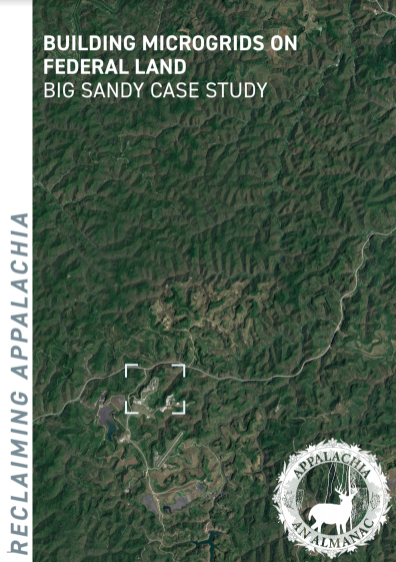This post is an expanded version of a Twitter thread.
 With
the pair of Democratic U.S. Senate victories in Georgia, the Democratic
Party will have control of the White House and both chambers of Congress
come January 20th. West Virginia’s Democratic senator, Joe Manchin, will
become the chair of the Committee on Energy and Natural Resources, and
will hold tremendous power over any climate legislation.
With
the pair of Democratic U.S. Senate victories in Georgia, the Democratic
Party will have control of the White House and both chambers of Congress
come January 20th. West Virginia’s Democratic senator, Joe Manchin, will
become the chair of the Committee on Energy and Natural Resources, and
will hold tremendous power over any climate legislation.
While I’m sure that part of bribing Manchin to go along with a series of climate bills as bold as President-elect Joe Biden’s campaign platform will require funds for coal-industry boondoggles like direct air capture and carbon-capture sequestration, as well as for advanced nuclear technology, we ought to be a bit more creative than that.
Here are a few other ideas to consider:
- New funds for building pumped hydroelectric storage facilities in Appalachia. These use abandoned coal mines to create a low-tech battery for renewable energy storage, pumping water into the uphill mines when production is high and releasing it through turbines when it wanes.
- Ending the federal grant program that incentivizes converting abandoned strip mines into federal prisons. Those funds should go toward building up the clean energy and electrovoltaic manufacturing facilities in Appalachia on sites that have already been cleared or flattened sites that are adjacent to transportation infrastructure.
- Decommissioning the network of prisons in Appalachia, converting their onsite and resilient electricity generation infrastructure into community-based electric co-ops. Every prison there has the ability to island itself off from the grid and power itself. Give that power to the people of Appalachia.
- Investing in the now-closed north-south railway that could connect Appalachia to Atlanta in the South, Pittsburgh to the North, Columbus and St. Louis to the West, and the entire northeast corridor to the East. A massive corridor already exists and just needs track upgrades for it to be active.
- Offering Appalachia up as the first pilot site for a new Climate Conservation Corps that puts people to work capping orphaned wells, remediating brownfield and other toxic sites, and reforesting the hiking, hunting, and other recreational landscapes of the region.
The best part of it all is that “bribing” Joe Manchin to go along with a more progressive climate agenda is really just a way of driving investment to some of the people and places that need it most—in this case, Central Appalachia.
Billy Fleming is the Wilks Family Director of the Ian L. McHarg Center in the Weitzman School of Design. and a senior fellow with Data for Progress.